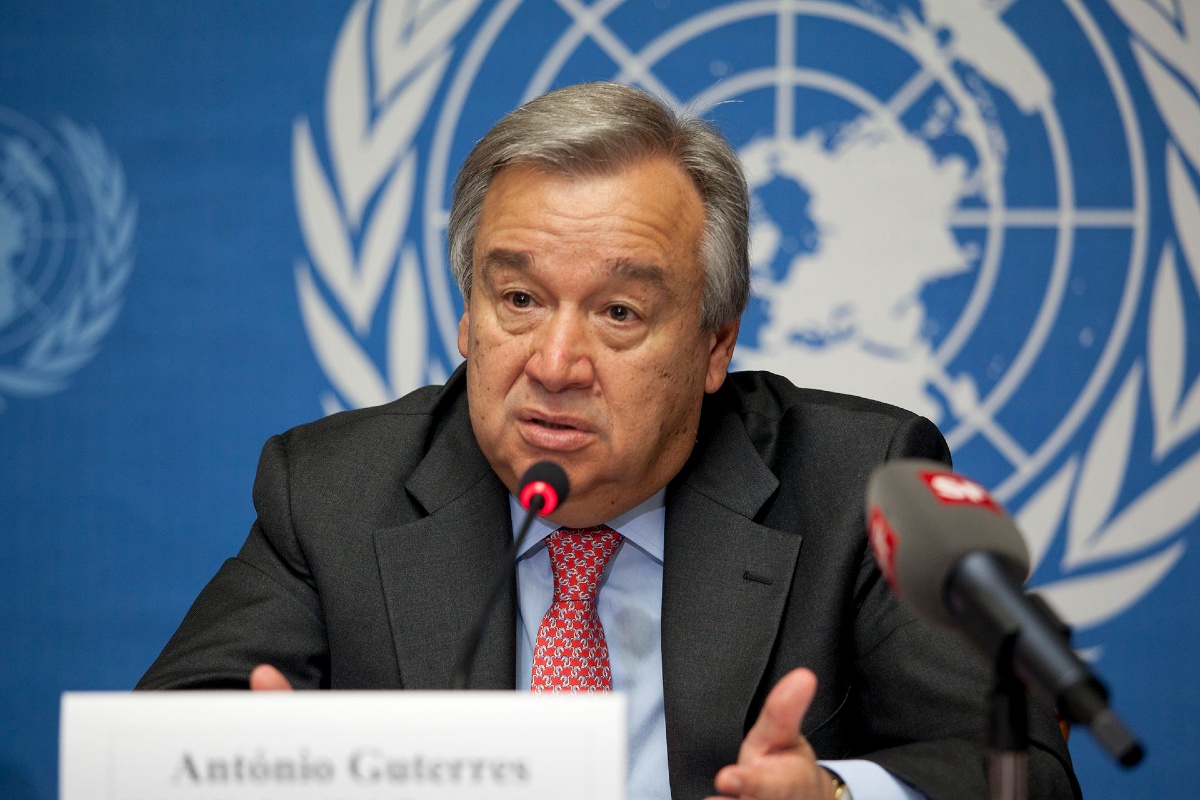

Image: UN secretary-general António Guterres. Photo: Wikimedia commons.
By CHRISTINE LAI
The Intergovernmental Panel on Climate Change (IPCC) has released a new report with warnings of the irreversible effects of climate change that must be addressed before global warming exceeds 1.5 °C.
The world’s leading climate scientists released their latest Synthesis Report, following an eight-year-long study on greenhouse gas emissions, impacts and future risks of climate change, and options for reducing the rate that climate change is expected to take.
The IPCC reported devastating consequences of greenhouse gas emissions for the long term, looking to over a century of “burning fossil fuels as well as unequal and unsustainable energy and land use” as the causes for leading to “global warming of 1.1 °C above pre-industrial levels”.
According to the report, the estimated level of global warming as increasing by 1.5 °C carries serious threats to living conditions across the world.
It’s projected that 950 million people across the world’s drylands will experience water stress, heat stress, and desertification. There will also be an increase of 24% of the world’s population that will be subject to flooding, with the cost for adaptation and residual damage to major crops coming to $94 billion AUD ($63 billion US)
UN secretary-general António Guterre declared that “the climate time-bomb is ticking”, at a meeting of the Intergovernmental Panel on Climate Change (IPCC), describing the latest report as a ” how-to guide to defuse the climate time-bomb”.
”It is a survival guide for humanity”, he said.
Impacts of climate change for NSW










